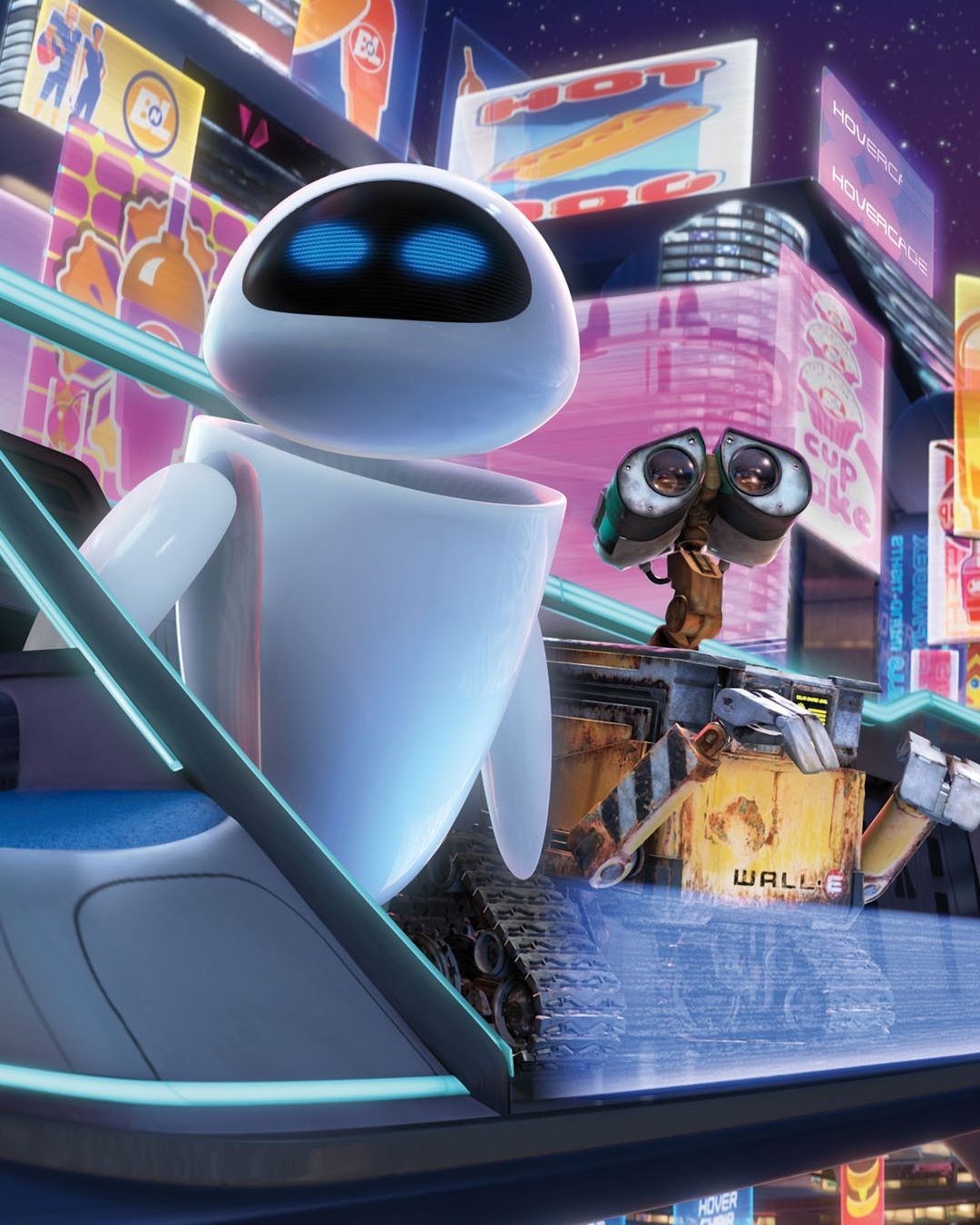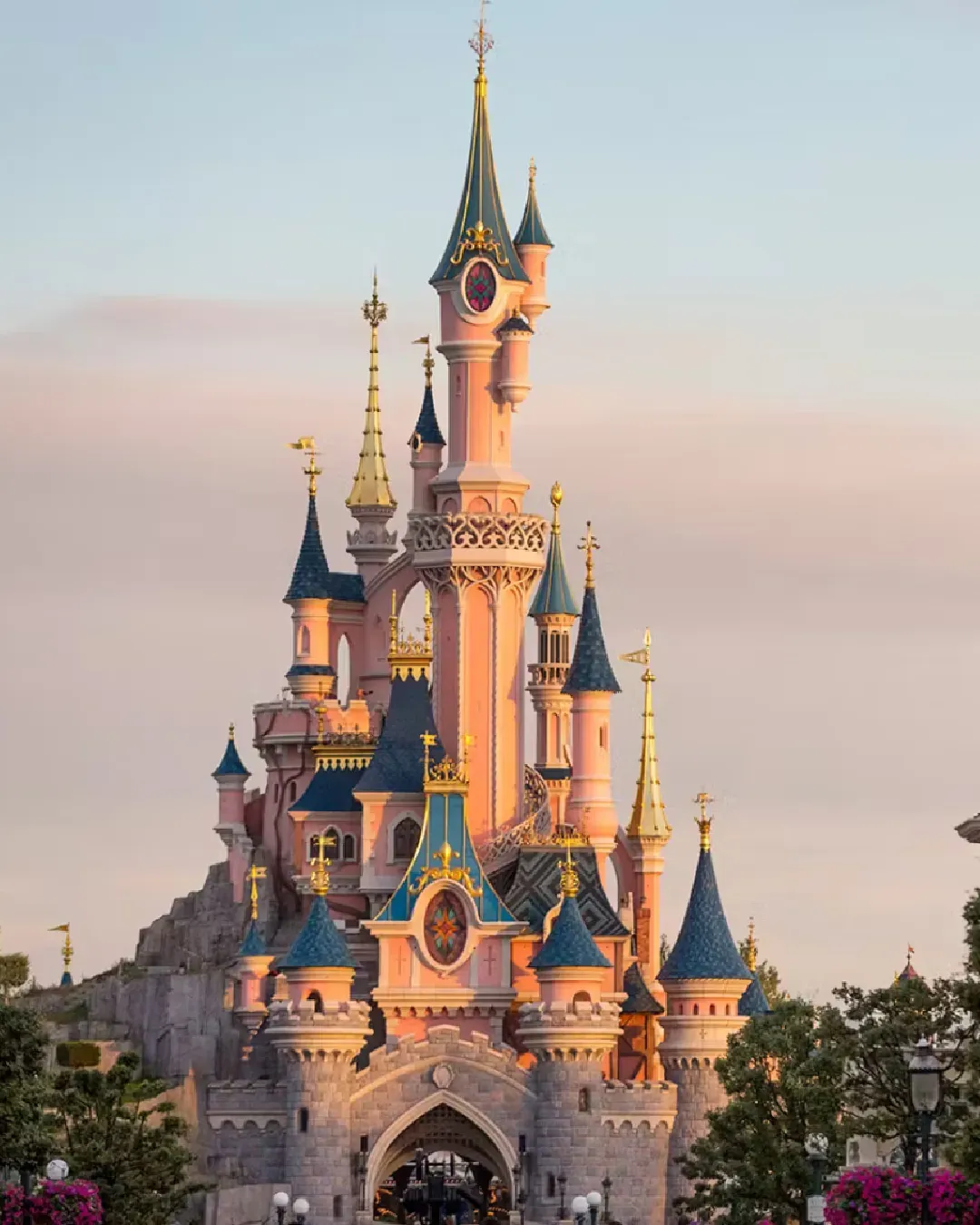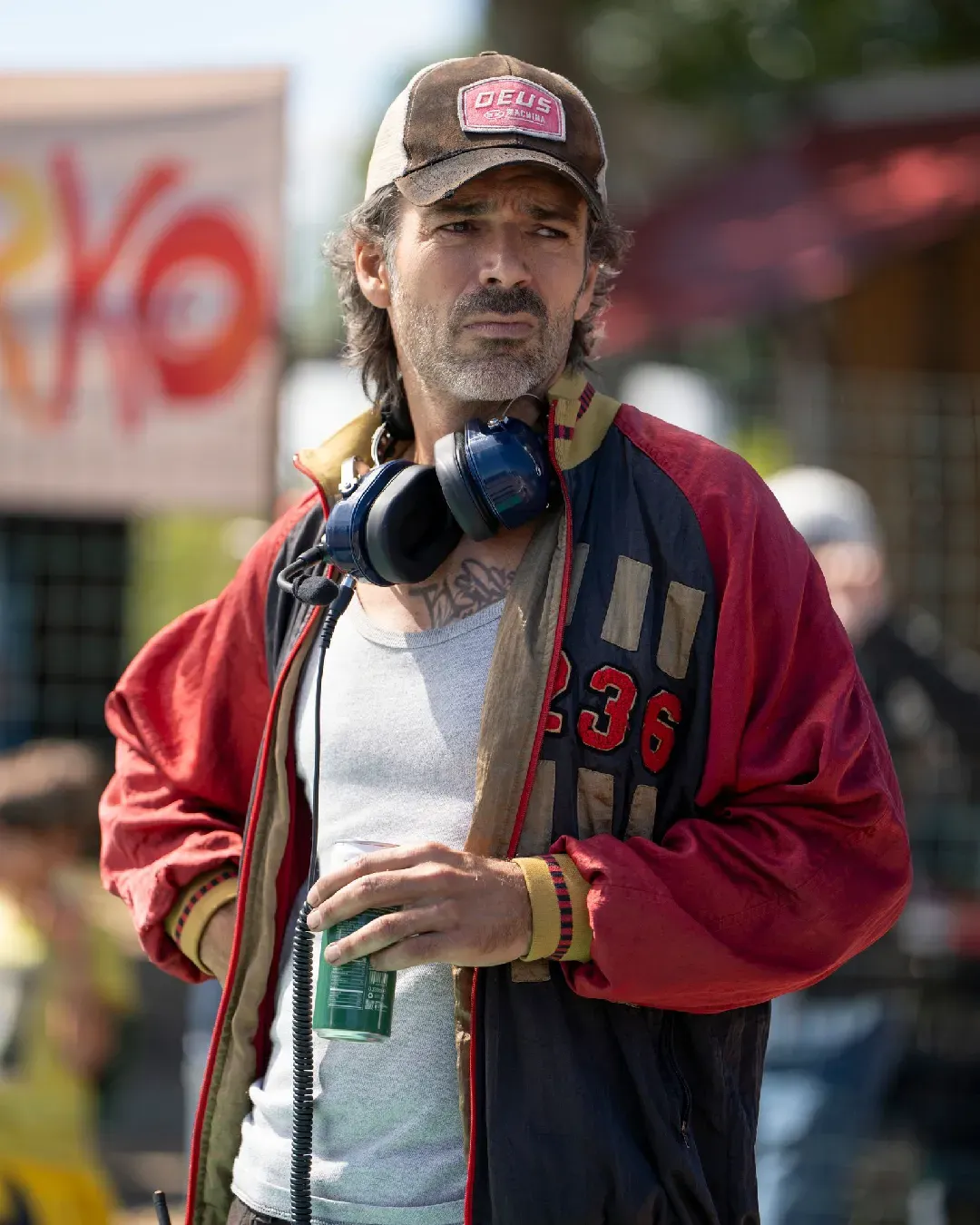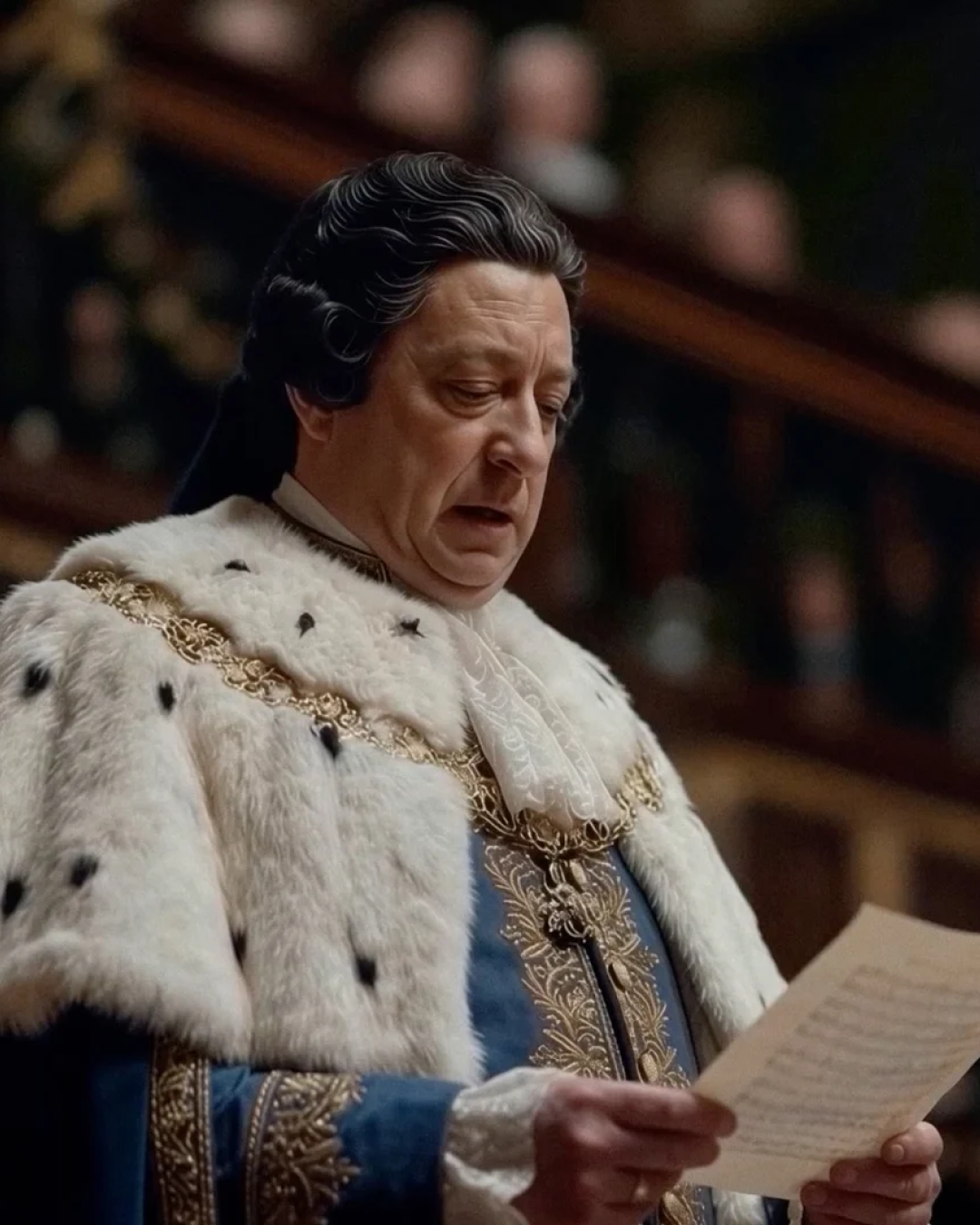
Disney and Universal Studios sued Midjourney Even Hollywood is rebelling against AI
For those who have never used Midjourney, the leading AI for image creation, its outputs often bear a resemblance that is anything but subtle to the style that defines Disney animations. The similarity is not limited to the Mickey Mouse studio but extends to any renowned production company known for blockbuster films: from DreamWorks to Pixar, including Illumination and Universal. It’s as if the aesthetic and visual grammar of Western animated cinema had become a native language for the algorithm. In fact, remove the “as if”: that’s exactly how Midjourney trained its system to generate images. The issue, however, becomes thorny when, instead of merely drawing inspiration, the program begins to reproduce 1:1 copies of some of the world’s most famous films, TV series, and cartoons. These cases clearly fall under copyright infringement, and it is precisely on this basis that last Wednesday Disney and Universal filed a lawsuit against the tech company from Silicon Valley, accusing Midjourney of having appropriated, as reported by The New York Times, "countless" copyrighted works without authorization to train its software. A 110-page lawsuit, filed with the U.S. District Court in Los Angeles, defines Midjourney as «the quintessential copyright free-rider» and «a bottomless pit of plagiarism.»
Reading the full Disney / Universal lawsuit, it couldn’t be clearer: this is the end of Midjourney. pic.twitter.com/m5PDOK49bY
— Ed Newton-Rex (@ednewtonrex) June 11, 2025
The issue is not new: already at the beginning of last year, it emerged that Midjourney was exploiting the work of over 16,000 artists (both independent and not) to train its artificial intelligence, without having obtained any consent. But now the trouble is coming from the top, and the case represents a concrete wake-up call for the entire generative artificial intelligence industry. According to official statements reported by the New York Times, the goal is not to stop innovation but to defend an economic and creative system that employs 2.3 million people and generates $229 billion in annual wages — a system that in recent years has already faced serious challenges, from strikes to government pressures. «We are optimistic about AI’s potential as a tool to enhance human creativity,» said Horacio Gutierrez, general counsel at Disney, «but piracy is piracy, even when committed by an AI.» NBCUniversal echoed this sentiment, stating the lawsuit was intended to «protect the work of artists and the investments made in content.»
@ripartworks No one is safe, even small artists. Also why it fed that Andreas Rocha redraw 3 times, openAI are you feelin good? These were practice redraws, personal art and even art for clients with my old Deviantart account name. I made some of them 10-14 years ago. I deleted some of them from my pages a loong time ago but apparently it got downloaded and reuploaded somwhere else, where it was festering up till this moment. If you're curious, you can check if your art was fed into various AI algorythms at haveibeentrained.com #artstruggles #artmemes #artistsoftiktok #humanartist #aisuck #stopaiart #aiartistheft Titanic flute fail - Kate McKenzie
The Studio Ghibli trend from a few months ago had already reignited the conversation about artificial intelligence in the creative industries, although at the time, the Japanese studio made no official statement on the matter. But if the arts were to be automated, what would remain of talent and passion? Once again, the debate over the ethical use of AI resurfaces, though this time the issue is even more complex. While in past months the focus was on the responsibilities of corporations — on how large tech and media companies are integrating AI into their production processes — today the spotlight shifts to how the general public uses it. The core problem is that the vast majority of AI-generated images circulating online come from everyday users, often unaware of the legal or moral implications of what they are producing. Just look at the viral nature of social trends centered around the Studio Ghibli style or Disney characters to understand how easy it is to appropriate someone else's aesthetic with just a few prompts, without asking too many questions. In an era where anyone can become an “artist” by simply typing a few words, the risk is that the creative act is reduced to mere aesthetic consumption, stripped of its intent, its context, and above all, of the human touch that once made it unique.













































